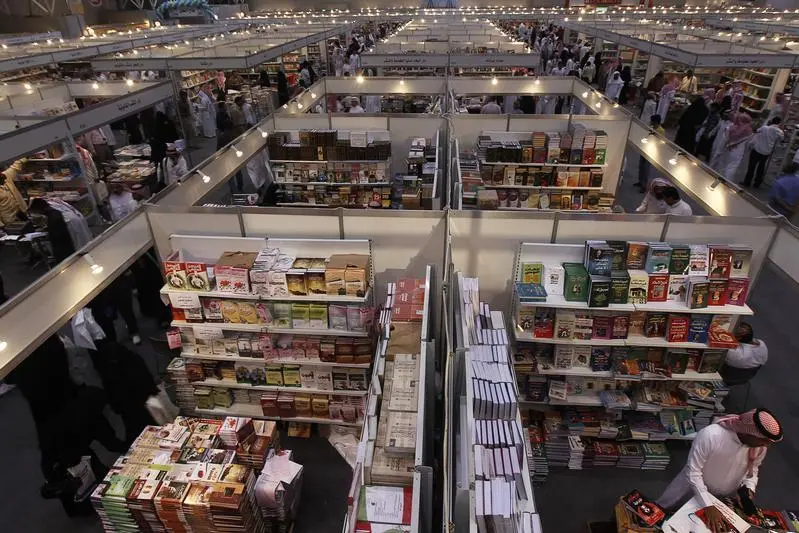PHOTO
Publishers and authors taking part in the ongoing Jeddah International Book Fair have complained about rampant piracy and copyrights violations in the Arab publishing world.
The phenomenon has become common especially for translated works because of the absence of legislation and law enforcement. A lack of major international fairs is also contributing to the inability of Arab Publishing Union to actively protect intellectual property rights.
The exhibition highlighted an important dilemma in the Arab publishing industry, particularly with regard to copyrights and book exchange deals.
While the Jeddah Book Fair witnessed an influx of about 100,000 visitors since its launch, biographies of politicians and media personalities of 20th century were among the top-sellers, despite the fact that most of the works were translated.
Ahmed Hussein, a participant, said the absence of legislation and legal controls that prevent publishers from copyright breaches is a persistent problem in the Arab world, despite serious attempts by the Arab Publishers Union.
“You can find two or more translations of the same book at the fair and this is perhaps because the publishers did not have translation rights,” said Hussein. “And also due to the lack of strict implementation of regulations, some publishers overlook completely the quality of the translation or its credibility.”
Novelist Abdullah Al-Tazi, who recently published his work “Dry Bodies,” criticized publishers who are after profit without trying to improve the concept and philosophy of book fairs. He pointed out that the majority of Arab book fairs are just markets for the sale of books.
“In any international book fair, the main component would be the creativity of authors. They sign new books, spend time discussing the art of writing and published works. Whereas in Arab book fairs, it’s all about sales and money,” he said.
Director General of the Egyptian National Publishing House Islam Abdalmattiy attributed the current crisis book fairs in Saudi Arabia are witnessing to people having entrenched misconceptions.
“I remember a major Gulf corporation tried to launch a French translation house for Arabic poetry in 2008 in Frankfurt in collaboration with the French house Gallimard, but it failed,” he said.
He said certainly opening up to foreign publishing houses is feasible, but the economic, political and cultural reality of the Arab world is difficult and prevents such openness in practical and healthy ways.
© The Saudi Gazette 2016





















